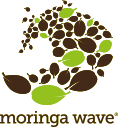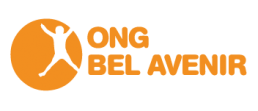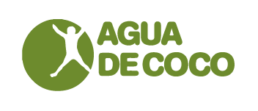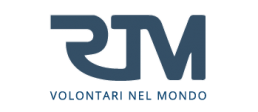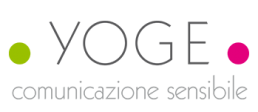Fair trade in Madagascar
Madagascar, the island where biodiversity meets endemicity
According to WWF, nearly 5% of the world’s plant and animal species are present in Madagascar. Let us remind that most of this biodiversity is endemic: “the island concentrates 294 species of birds of which 107 are endemic and 247 species of amphibians of which 245 are endemic” according to WWF. This fabulous natural heritage is now endangered for various reasons. Many responsible actors are trying, at their own scale, to help the local communities. Fair trade is thus presented as a way to participate in the responsible development of Madagascar.
In addition to these ecological problems, there are also social issues. According to a report by the National Office of Nutrition (ONN) and UNICEF in 2017, 47% of Malagasy children are chronically malnourished. It is notably a cause of death in 45% of children under 5 years of age. This scourge leads to a deficit of 7% of per capita GDP, or $740 million. This observation has prompted Moringa Wave to make a firm commitment to the fight against malnutrition.
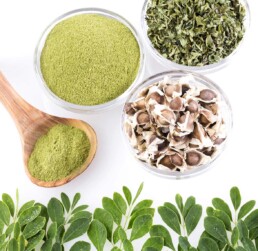
When fair trade and solidarity economy go hand in hand
The moringa oleifera, also called “ananambo” in Madagascar, is native to India. It is recognized for its exceptional nutritional qualities. This plant is resistant and resilient, it adapts to complicated climates and difficult terrain.
Did you know that? Seeds are used in many countries (Chad, India, etc.) to purify water. This technique makes it possible to have drinkable water thanks to a 90 to 99% reduction of bacteria. _
The production, distribution and marketing of ananambo is done according to the criteria of the solidarity and circular economy as well as the principles of fair trade. Our sustainable and organic production respects zero waste. Our network of small local producers in Madagascar guarantees the origin of our ingredients and supports the social development of the country. Indeed, we offer a process of training, then employment, especially for young people and women in rural areas.
Moringa Wave has a partnership with the National Office of Nutrition (ONN) which manages programs around nutrition. Our project is indeed engaged in a series of educational activities targeting Malagasy consumers and producers. We distribute meals in schools to fight against malnutrition. As a reminder, these top quality plants are a great source of fiber, calcium, antioxidants, iron, protein, nutrients, magnesium as well as vitamins and minerals.
Moringa Wave is part of the SUN Business Network, an essential part of the Scaling up Nutrition (SUN) movement. This initiative aims to mobilize businesses at the national and global level to invest responsibly in improving nutrition.
The company is a member of the United Nations Global Compact, particularly involved in Sustainable Development Goals (SDGs):
- SDG 2 “zero hunger”.
- SDG 3 “good health and well-being”.
- SGG 8 “Decent Work and Economic Growth”.
- SDG 12 “responsible consumption and production”.
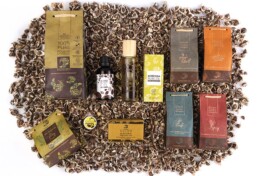
A movement of people, people on the move
Human encounters around strong values
Moringa Wave is the result of the collaboration between committed minds from different countries and fields who have come together around strong values. This project is the combination of a deep knowledge of the local context and a sensitivity to the issues of Sustainable Development in Madagascar. It is these social, environmental and economic values that dictate the processing and marketing aspects of our products.
Franco Emilio Risso
Moringa Wave is a true passion that has allowed us to build an entrepreneurial and economic project at the service of mankind and the community.
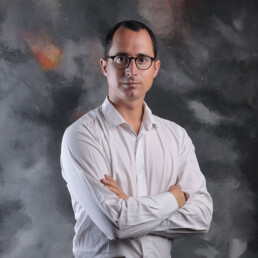
Vonimihaingo Ramaroson R.
I'm convinced of the benefits of moringa, I want to share it with everyone, especially the Malagasy.
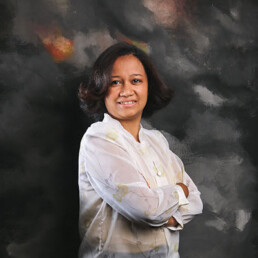
Jean Maxime Garel

Domoina Hanitriniala Randria
Lavoro con Moringa Wave perché questa azienda ha un futuro brillante davanti a sé
I work at Moringa Wave because this company has a bright future ahead of it.
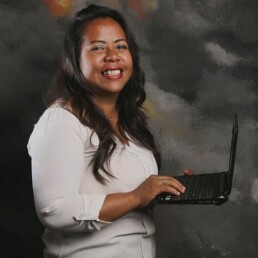
Miranto Andriamanalina
I work at Moringa Wave because it's a company where I can achieve my ambitions.
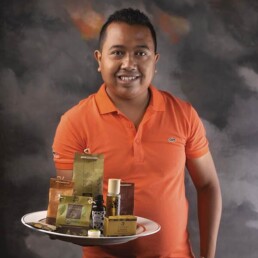
Luc Haja Rabeandriamaro Ny Andraina
Working at Moringa Wave seemed obvious to me because of its social commitment.

Thierry MANALISOLO
For me, Moringa Wave is an inspiration.
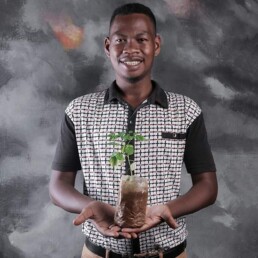
Soavanjanahary RAFETRARINANJA
He who works without passion accomplishes his task out of obligation.
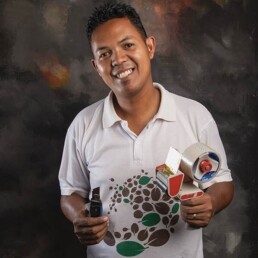
Rojonirina Tatianah Razanajatovo
Moringa Wave is a passion that allows me to flourish because I love my work.
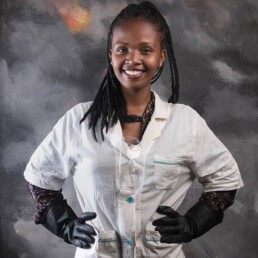
Niando Tafitasoa Rakotonirina
You have to be the best and always move forward.
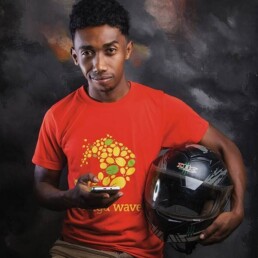
Join Moringa Wave!
Send us your CV to become a partner or a supporter.

Our Partners
To reach our goals, it was and it is still fundamental the collaboration with non-governmental organizations (NGOs), associations, cooperatives and governmental bodies that are involved in social projects or development initiatives.
Support our project
If you also think that our commitment could help to improve the common welfare of
Madagascar all over the world, ride the wave with us. Choose our product and spread the
word on your social network.
